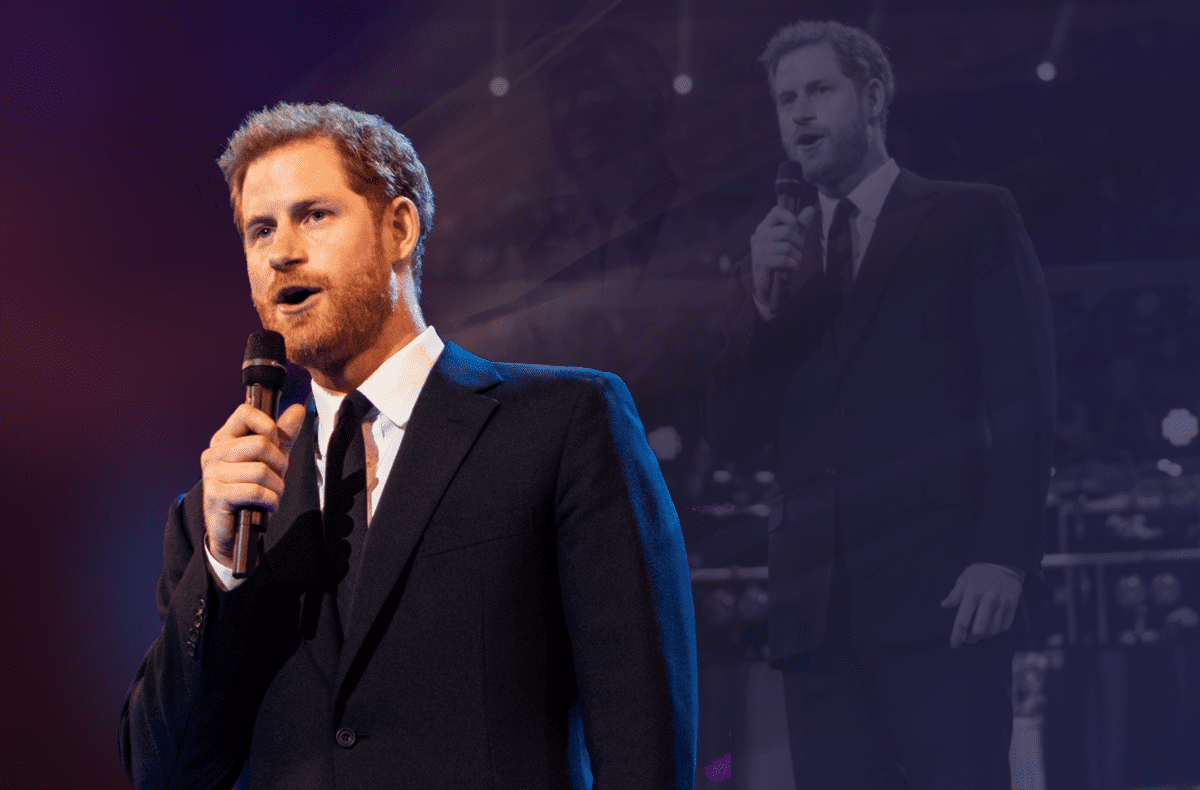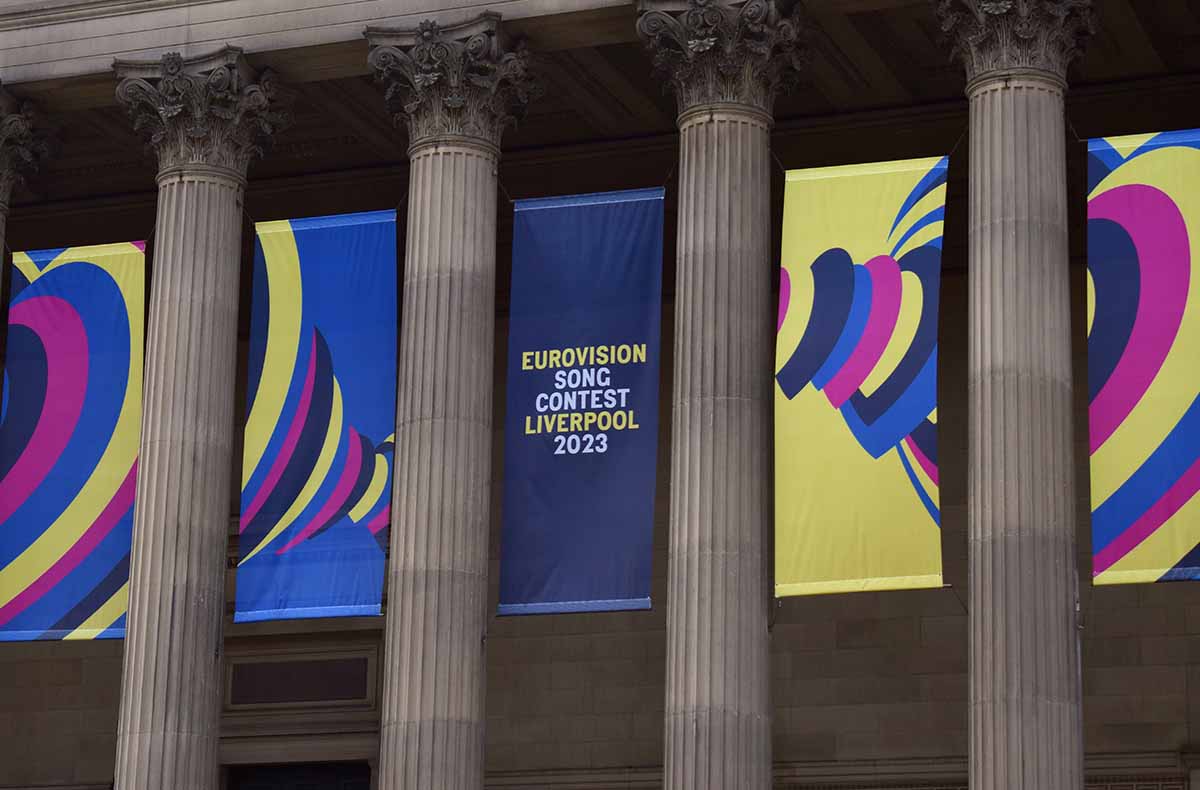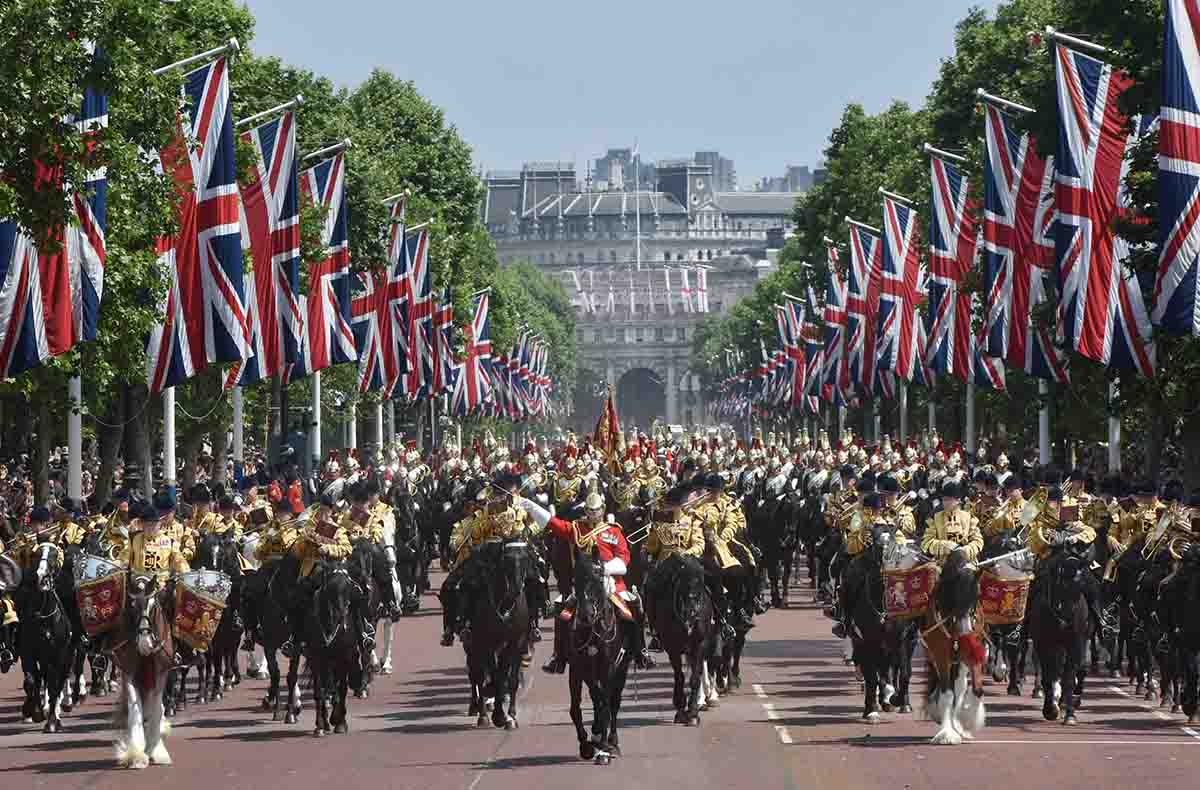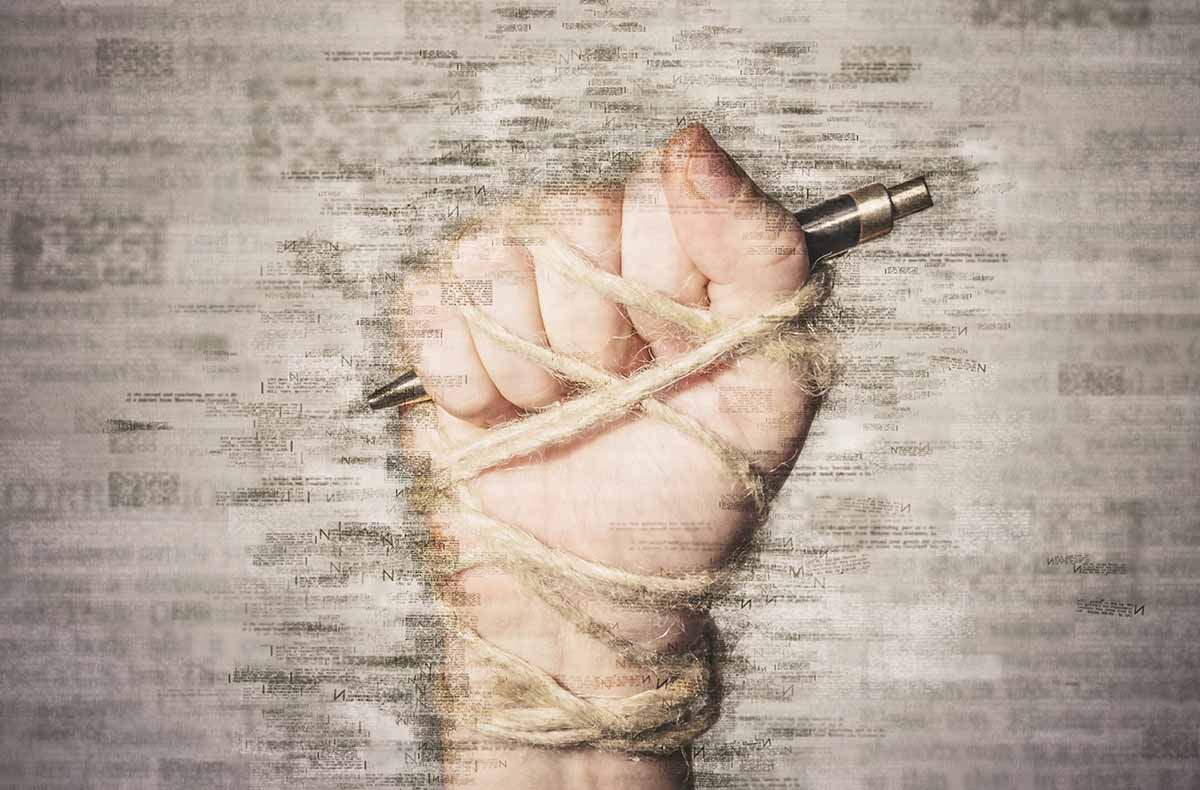
The British royal family likes to promote the notion that they serve the nation. When Queen Elizabeth II died in September, a common refrain echoed from the newspaper headlines to the books of condolences: “thank you for your service.” But the monarchy has been in a state of turmoil since the Queen’s death. The turbulence started during Elizabeth’s reign and worsened towards the end of her 70 years on the throne, but the longstanding sovereign’s status insulated her relatives from serious scrutiny and criticism.
The memoirs of Prince Harry, Duke of Sussex, have caused a sensation in the United Kingdom. The contents of Spare expose and widen the breaches in a family whose response to negative publicity was traditionally “never complain, never explain.”
Yet the infighting inside one of the world’s most privileged households is the least interesting aspect of the farrago of claim and counter-briefing around the book. The royal family is the foundation stone of the class system that still defines Britain. The Duke of Sussex stepped outside the gilded circle and had the opportunity to view his background in a detached manner.
What he might have seen is a dreadful reflection of the modern UK. The hierarchical nature of society and its destructive effects have been made clearer than ever in the past decade. The production line that goes from public school to Oxford University to Parliament to Downing Street continued to churn out the worst sort of politicians. Harry was sent to Eton, a school attended by two of the past five Prime Ministers (Rishi Sunak went to Winchester College, a slight notch down the social scale from the prince’s place of education). All five most recent occupants of No. 10 went to Oxford. While the Duke lacked the desire and intellect to take this route, he went on to the Royal Military Academy Sandhurst where, pre-pandemic, former pupils of fee-paying schools comprised almost half of the intake. Meanwhile, less than six percent of children in the UK are sent to fee-paying establishments.
Harry, more than most, enjoyed the benefits of this systemic privilege. He saw it firsthand. His lack of self-awareness in this area stands out. There is little indication that he is interested in tackling inequality beyond bland platitudes.
The biggest cause for the schism in the royal family was Harry’s marriage to Meghan Markle. Much of the antagonism towards Markle is rooted in her mixed-race heritage. The Duke implied that at least one of his relatives was racist in an interview with Oprah Winfrey two years ago but pulled back from those suggestions in recent days, claiming the original comments were “misinterpreted.” This was a huge missed opportunity to put the spotlight on an aspect of British life that is too often ignored. The continuing impact of colonialism frequently goes unnoticed, as does structural racism.
The attitudes of the working class in the UK—particularly among the English—are influenced by the Imperial experience. During the Empire, even the lowest on the social scale had someone to look down upon: an African, an Indian, a West Indian, a Malay… The sense of superiority is not always based on race—after all, England’s first colony was Ireland—but color plays a huge part. David Olusoga, the historian, talks of a “conditional Britishness” that is attached to citizens from non-white backgrounds. Olusoga was interviewed in the royal-couple-in-exile’s Netflix documentary last year and pointed to the racism of the press. The media is a reflection of a wider sentiment. Harry, in his book and interviews, has challenged the racist, imperial undertones—but largely in relation to his and his wife’s experience.
The Duke of Sussex had—and still has—a unique chance to contribute to the development of Britain. Progressive voices point out that hereditary monarchy is an anachronism, but there is little appetite for change or self-examination by the public. Indeed, the UK’s king-and-country feelings of supremacy trickle down the class system from the crown to those at the bottom who maintain the empire’s foreman and non-commissioned officer mindset. These attitudes led to the economic catastrophe that is Brexit.
Harry could have confronted the self-delusion that has been allowed to run rampant in much of the UK. The problem is that the Duke’s issues are tightly focused on how the flawed institutions pertain to him. The monarchy’s position as a regressive symbol for the nation is never confronted. He could have used his platform to address a range of subjects—starting with the disturbing notion that a Briton is a subject—and appealed to the widest of audiences.
Harry is in a position to spark a significant debate about the role of the royal family in the 21st century. There is plenty of ammunition. His uncle remains within the fold despite his relationship with Jeffrey Epstein. Prince Andrew, the Duke of York, paid £12 million to a woman who accused him of rape. The 62-year-old, who was nicknamed “Randy Andy” in his youth, is a glaring example of someone who used his birthright to behave in an appalling and self-gratifying manner.
It’s a myth that the royal family are under constant media scrutiny and have no private life. Andrew’s antics over the years give lie to that. King Charles’s affair with his queen consort Camilla continued unreported throughout the 1980s when the then Prince of Wales was married to Diana, Harry’s mother.
The main target of Spare is the media, and the author’s memory is selective.
The 38-year-old should have set his sights on the crown itself but cannot divorce himself from the institution. He believes it is a force for good rather than a negative influence on British society. His Stockholm Syndrome remains strong, despite moving to the United States—the same is true for the majority of the uncritical population back home.
They like to talk about “service” in the Windsor family, but neither Harry nor any of his relatives can recognize themselves for what they are: self-serving, and at the heart of a corrosive class system.


